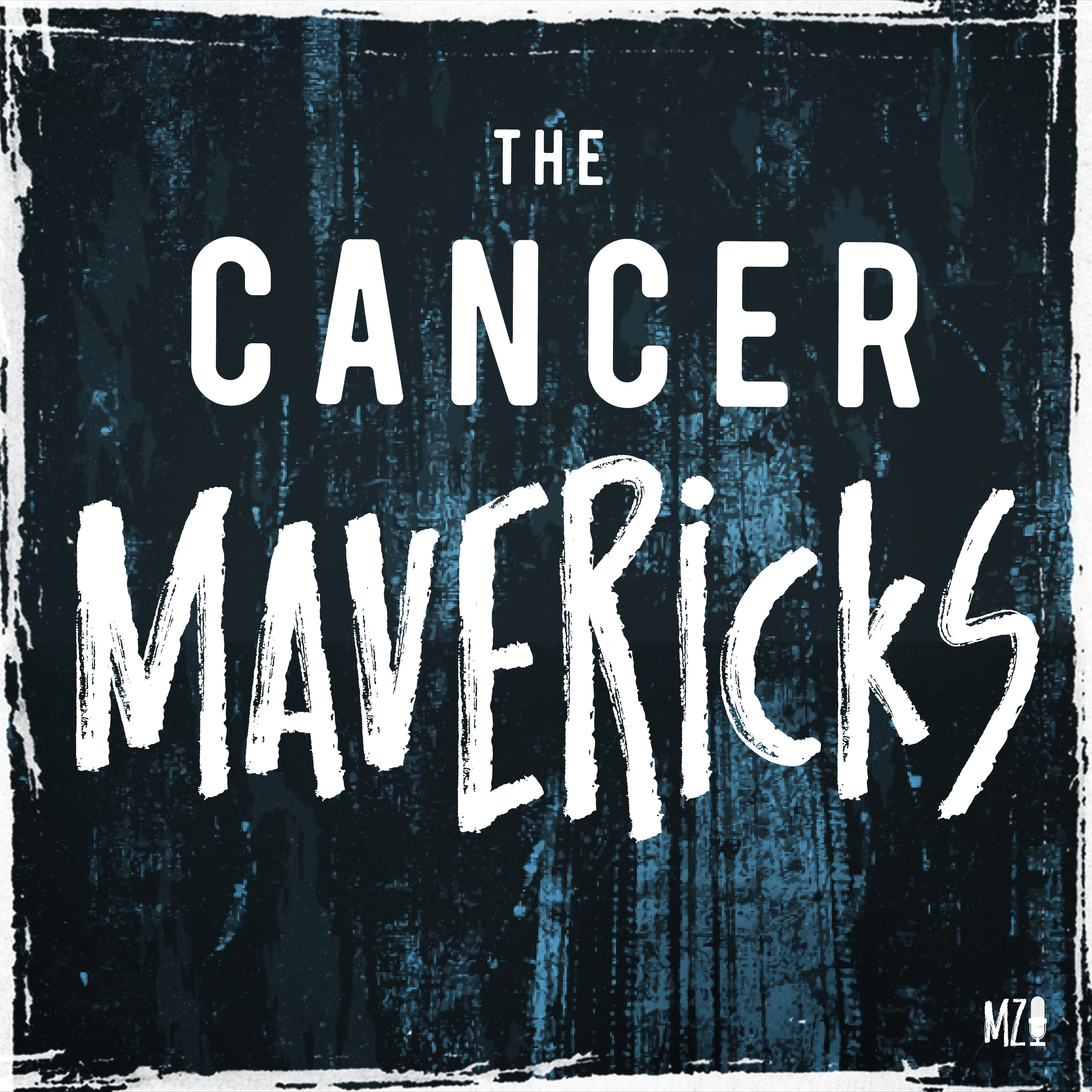Series Finale: If History Teaches Us Anything
Description
Welcome to the series finale of The Cancer Mavericks. In this final episode, we reflect on the first seven episodes through the lens of history and progress with a series of insightful conversations featuring some of healthcare's most influential and visionary voices across the past four decades. If history is a teacher, we have learned that change can happen, albeit slowly. But it is only when the people stand up, organize and activate their voices demanding change, that the culture will shift, the institutions will pivot, and the very system itself will be forced by the will of the citizens to bend towards the arc of justice. Thank you for joining us for this groundbreaking series. If you like this series, please leave a review and a rating on your favorite podcast app. To learn more about The Cancer Mavericks, visit https://CancerMavericks.com. To learn more about OffScrip Health, visit https://OffScrip.com.
FEATURED VOICES
Gil Bashe
Chair Global Health and Purpose, FINN Partners
John D. Carpten, Ph.D.
President's Cancer Panel (Emeritus)
Director, Institute of Translational Genomics
Keck School of Medicine at USC
Deanna Darlington
President at Links2Equity
Kenny Kane
Young Adult Cancer Advocacy Pioneer
Co-Founder/CEO, Stupid Cancer (Former)
Margaret Laws
President and CEO, Hope Lab
Lisa C. Richardson, MD, MPH
Division Director, Cancer Prevention and Control at The CDC
Catharine Young, Ph.D.
Assistant Director of Cancer Moonshot Engagement and Policy
The White House
See Privacy Policy at https://art19.com/privacy and California Privacy Notice at https://art19.com/privacy#do-not-sell-my-info.
More Episodes
Knownst to Matthew Zachary, but unknownst to others, long before the Award-Winning documentary "The Cancer Mavericks: A History of Survivorship" hit podcast feeds, a pilot episode was storyboarded and produced to test the waters with our newly minted production team, helmed by acclaimed executive...
Published 12/28/23
Published 12/28/23
A cancer diagnosis sucks no matter what — but factors like income, education, racism, geography, housing, and access to health care, known as "social determinants of health," can worsen the burden. When researchers zoom out from individual experiences and survey cancer survivors, they see...
Published 12/17/21


